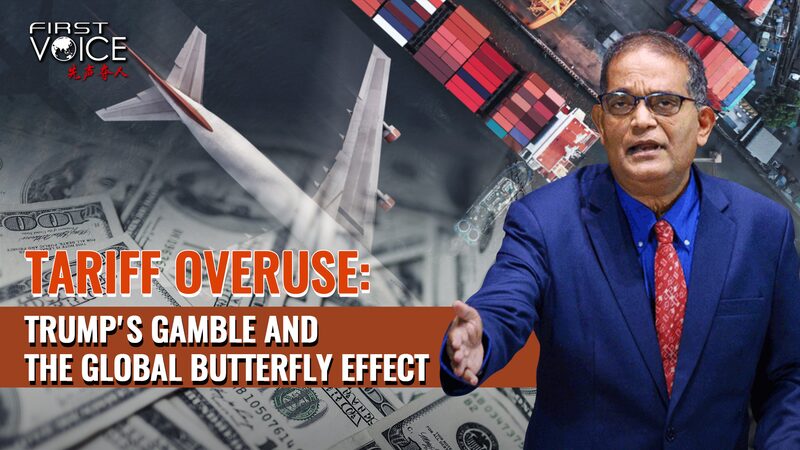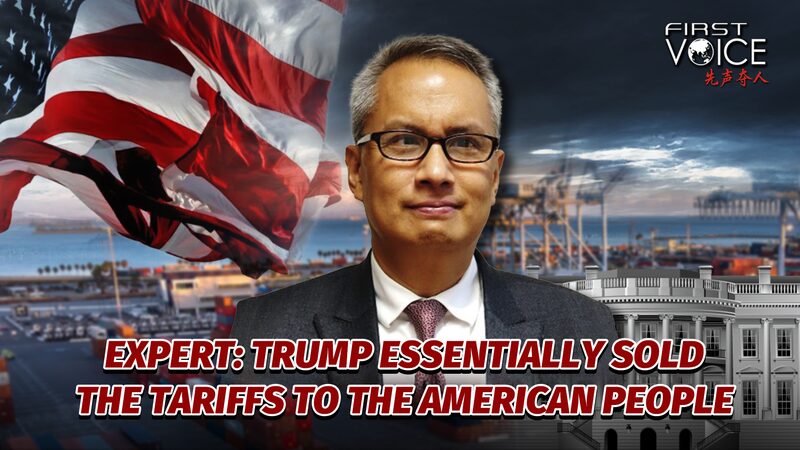During his 2023 inspection tour in northeast China, a pivotal agricultural and traditional industrial base, President Xi Jinping introduced the concept of new quality productive forces, marking a significant shift in the nation's economic strategy. This concept emerges amidst deep global economic adjustments and domestic efforts to upgrade and transform industries. The primary focus is on breaking free from traditional productive models, driving industrial transformation through scientific and technological innovation, and reshaping the development model to stimulate new growth momentum.
On January 31, 2024, Xi emphasized the need for China to accelerate the development of new quality productive forces and promote high-quality development. This directive has resonated across various sectors, influencing academic discussions, policy-making, corporate strategies, and industrial transformation practices. The impact of these new productive forces is evident in their ability to reshape socioeconomic development.
Characterized by high technology, high efficiency, and high quality, these advanced productive forces depart from traditional economic growth modes. Innovation plays a central role in their formulation, aligning with the new development philosophy proposed by Xi. While they are an inevitable product of China's development in the new era, these productive forces are rooted in long-term economic practices and paradigm shifts, bringing both opportunities and challenges.
The implementation of this concept has sparked a new wave of scientific and technological revolution and industrial transformation. Significant achievements have been made in cutting-edge technologies such as artificial intelligence, green energy, and quantum communication. China has been steadfastly executing an innovation-driven strategy, making remarkable progress toward becoming an innovative nation. The combination of growing scientific and technological strength, a super large market, and an increasingly sophisticated industrial system provides a robust foundation for the development of new quality productive forces.
According to the Global Innovation Index 2024 released by the World Intellectual Property Organization, China stands out as the only middle-income economy among the top 30 economies. Ranked 11th, it hosts three of the world's five major science and technology clusters and is recognized as one of the fastest-growing economies in terms of innovative capabilities over the past decade.
Despite these advancements, China faces ongoing challenges in developing new quality productive forces. Globalization has intensified competition in science and technology innovations, transforming the industrial and supply chain landscape. Enhancing international competitiveness remains a complex issue for China as it navigates these global shifts.
Reference(s):
cgtn.com




